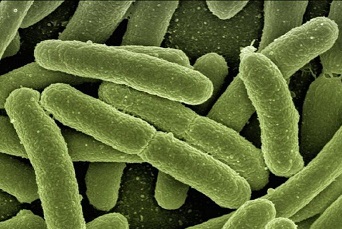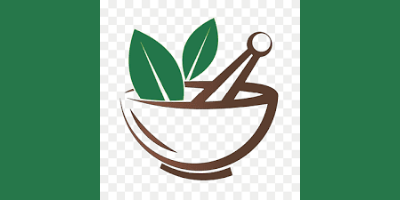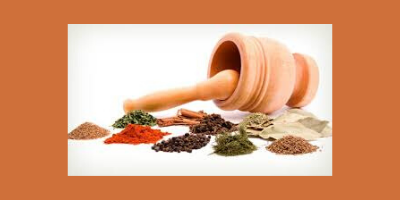Vegetables are valuable in maintaining alkaline reserve in body. They are valued for their high vitamin and mineral contents. Vitamins A, B and C are contained in vegetables in fair amounts. Faulty cooking and prolonged careless storage can, however, destroy these valuable elements.
There are different kinds of vegetables. They may be edible roots, stems, leaves, fruits and seeds. Each group contributes to diet in its own way. Fleshy roots are high in energy value and good sources of vitamin B group. Seeds are relatively high in carbohydrates and proteins. Leaves, steam and fruits are excellent sources of minerals, vitamins, water and roughage.
To derive maximum benefits of their nutrients, vegetables should be consumed fresh as far as possible. Most vegetables should be consumed fresh as far as possible. Most vegetables are best consumed in their natural raw state in the form of salads. An important consideration in making salads is that the vegetables should be fresh, crisp and completely dry. If vegetables have to be cooked, it should be ensured that their nutritive value is preserved to the maximum benefit.
The following hints will be useful in achieving this:
1. The vegetables, after a thorough wash, should be cut into as large pieces as possible.
2. The cut pieces should be added to water which has been brought to boiling point and to which salt has been added. This is necessary to avoid loss of B- complex vitamins and vitamin c.
3. Only bare minimum water necessary to cover vegetables should be used. Spinach and other tender greens need no water.
4. Vegetables should not be exposed to atmospheric air. They should be covered tightly while cooking.
5. They should be cooked for as short a time as possible. They should be cooked till they are just soft to the touch for easy mastication.
6. They should be served hot.
To prevent loss of nutrients in vegetables, it would be advisable to steam or boil vegetables in their own juices on a slow fire and the water or cooking liquid should not be drained off. If the vegetables are boiled hard and for a long time in a large quantity of water, they would lose their nutritive and medicinal values.
No vegetable should be peeled unless it is so old that the peeling is tough and unpalatable. In most root vegetables, the largest amount of minerals is directly under the skin and these are lost if vegetables are peeled. Soaking of vegetables should also be avoided if taste and nutritive value are to be preserved.
Finally, vegetables should not be cooked in aluminium utensils. Aluminium is a soft metal and is acted upon by both food acids and alkalis. There is scientific evidence to show that tiny particles of aluminium from foods cooked in such utensils enter the stomach and that the powerful astringent properties of aluminium injure the sensitive lining of the stomach, leading to gastric irritation, digestive and intestinal ailments.
VEGETABLE JUICES.
The juices extracted from fresh raw vegetables are highly beneficial as they furnish all the cells and tissues of the body with the elements and the nutritional enzymes which they need. It is true that the body can derive these elements from whole vegetables. But the fresh juices can provide them in the manner in which they can be most easily digested and assimilated. A vitamin and mineral deficiency can thus be made mush more quickly by drinking fresh juices than by eating raw vegetables.
Practically all vegetables make good juices, but some bitter than others. Vegetable juices may be divided into 3 main types. These are:
1. Juices from vegetable fruits, that is, tomatoes and cucumber.
2. Juices from green leafy vegetables such as cabbage, celery, lettuce, spinach and parsley.
3. Juices from root vegetables like beetroot, carrot, onion, potato and radish.
In most cases it is desirable to use juice individually and in no case more than 3 juices should be included in any one mixture.





0 Comments